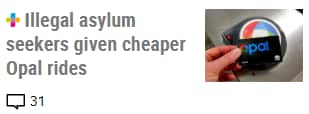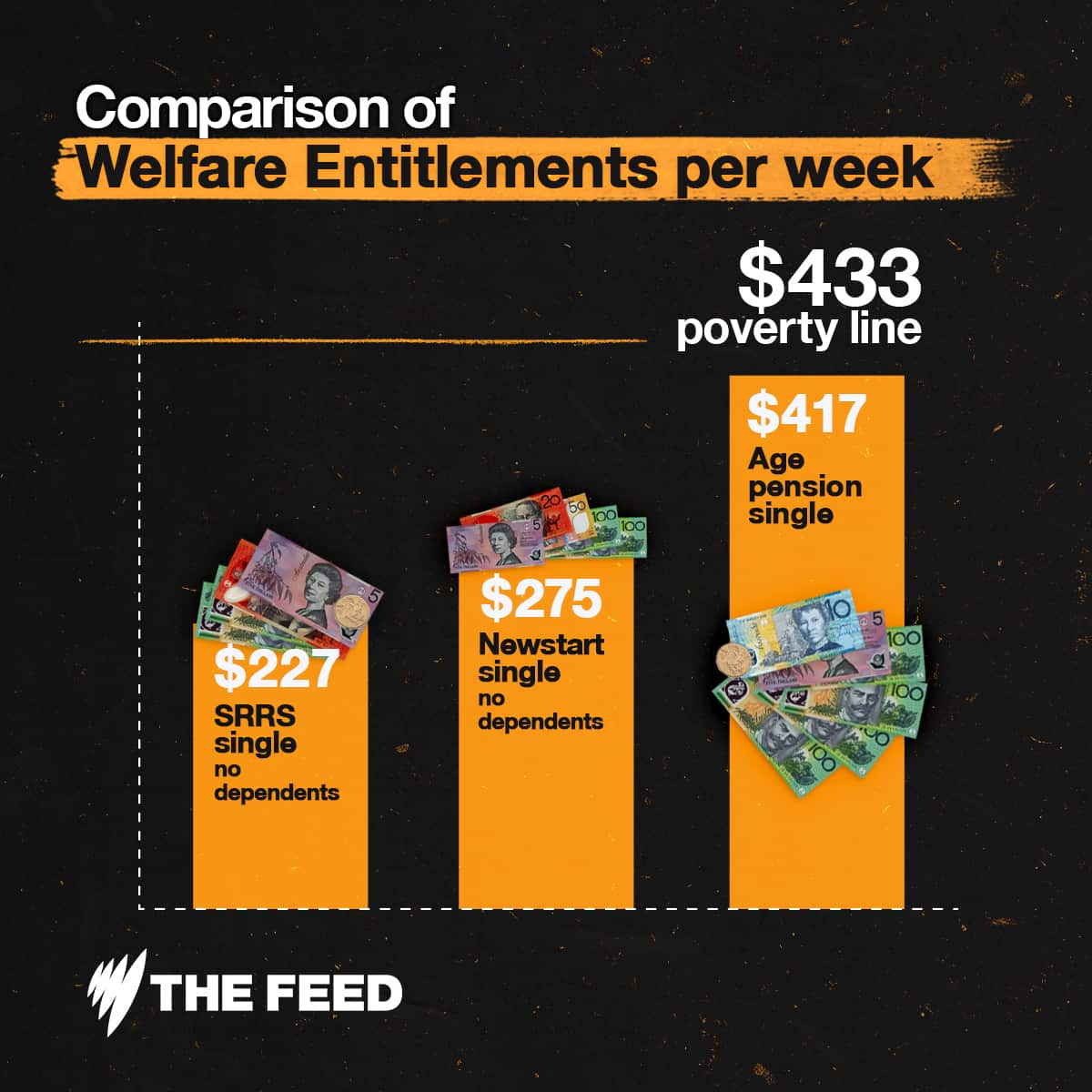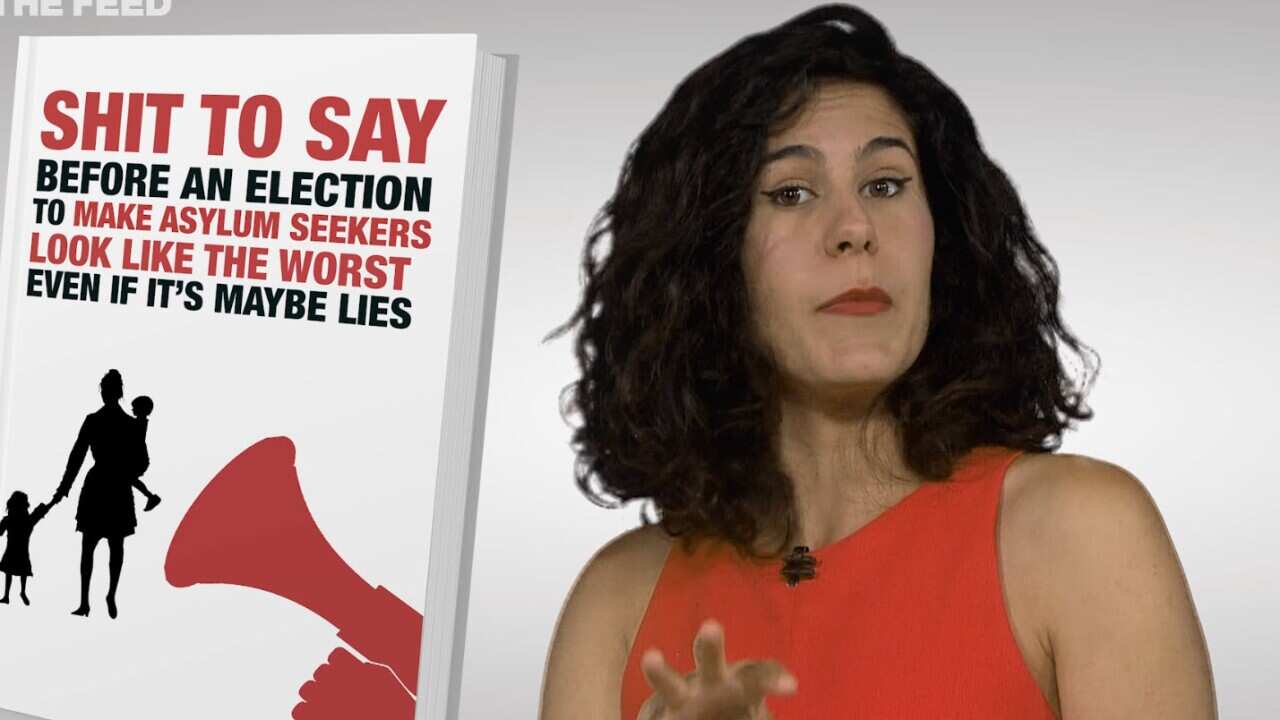Asylum seekers might get cheap train-rides but they're living "below the poverty line", according to refugee service providers who are seeing increasing demand for assistance.
The Daily Telegraph has reported concession transport for asylum seekers is costing NSW taxpayers four million dollars a year.
The article said people seeking asylum have to be getting aid from a charity to qualify for subsidised transport.
The online headline labelled the asylum seekers as illegal even though it is not illegal to seek asylum, according to the UN Refugee Convention.

In NSW, asylum seekers are able to apply for concession transport - which can limit the cost of travel to just $2.50 a day.
The article quoted quoted Mark Latham who said that "Taxpayers would be thinking why am I working hard, sitting here on my increasingly crowded train trying to get to my job paying full rates and others who don't even have status ... get subsidised."
Asylum seeker service providers told The Feed many people waiting for temporary protection visas are living on as little as $32 dollars a day - and sometimes less.
The income support available for asylum seekers is generally 89 per cent of the Newstart Allowance - with casework support, assistance in finding housing, and access to trauma and torture counselling.

Asylum Seeker Resource Centre Advocacy and Campaigns Director Jana Favero said it's not enough to survive.
People are waiting for up to seven years for an asylum outcome, even when the majority of people are found to be refugees,
In 2018, 72-88% of asylum seekers were found to be genuine refugees, according to the Refugee Council of Australia.
“Now we find ourselves advocating for the government to not remove support services altogether for families and vulnerable people who are at risk of homelessness and destitution,” Ms Favero said.
Financial support is highly varied and subject to changes in federal government decision making.
In May last year, the right to work was restored to most bridging visas - those “job ready” are now obliged to work and have stopped receiving any government income support.
But this has meant people seeking asylum who have not been able to get work are now relying on charity and community support while their claims are processed.
READ MORE: ASYLUM SEEKERS

THE FRANT - Asylum seeker policy a boost for Coalition polls... just like old times.
The CEO of the Asylum Seekers Centre Frances Rush said there has seen an increase in demand for their services since changes to the income support system.
"Our centre has seen both an increase in the number of people facing destitution and the intensity of support requested whilst they look for employment and await the outcome of their claim for protection," she said.
The centre said they helped one asylum seeker who was eight week behind on his rent after his payments were stopped when the eligibility changed.
Farouk* could not find work and the Asylum Seekers Centre stopped him from being homeless and supported him while services shut down over the Christmas break.
"The Government's decision in May 2018 to cease income support means many people seeking asylum now rely solely on the support provided by our Centre and other charities for the most basics of food, and emergency relief," Ms Rush said.
“The changes do not reflect the challenges asylum seekers face when finding employment in Australia.”
THE FRANT - LABOR'S ASYLUM SEEKER POLICY
Through award winning storytelling, The Feed continues to break new ground with its compelling mix of current affairs, comedy, profiles and investigations. See Different. Know Better. Laugh Harder. Read more about The Feed
Have a story or comment? Contact Us



